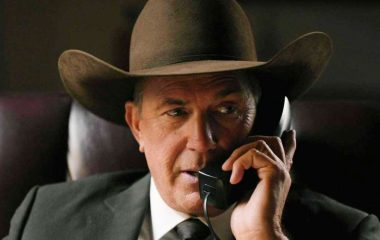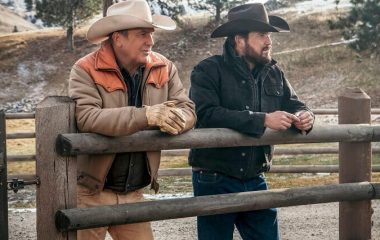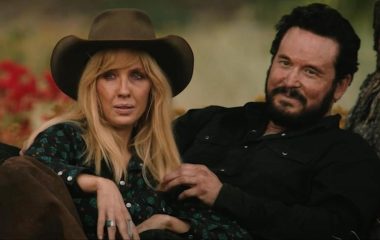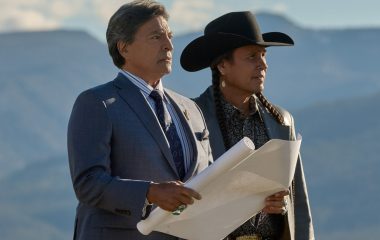- Shock Exit: Eamonn Walker Bids Farewell to ‘Chicago Fire’ After 12 Thrilling Seasons
- Chicago Fire boss hints at Stellaride starting a family in season 13
- Former Chicago Fire star confirms she’d be willing to return in 2025
The Truth Behind ‘Yellowstone’: Real Cowboys Speak Out
As the hit TV series “Yellowstone” approaches the end of its five-season run, the show’s portrayal of ranch life has sparked conversations among real-life cowboys. With its blend of family drama, sprawling Montana landscapes, and intense conflicts, the show has captivated millions. But how much of it is grounded in reality? Ranchers from across the U.S. are weighing in on what the show gets right—and where it strays into Hollywood exaggeration.
Balancing Drama and Reality
Russell True, 64, a second-generation owner of the White Stallion Ranch in Arizona, describes “Yellowstone” as “absurdity, surrounded by reality.” While he acknowledges that the show’s creator, Taylor Sheridan, has a knack for capturing authentic elements of ranch life, True admits that the series often cranks up the drama for entertainment.
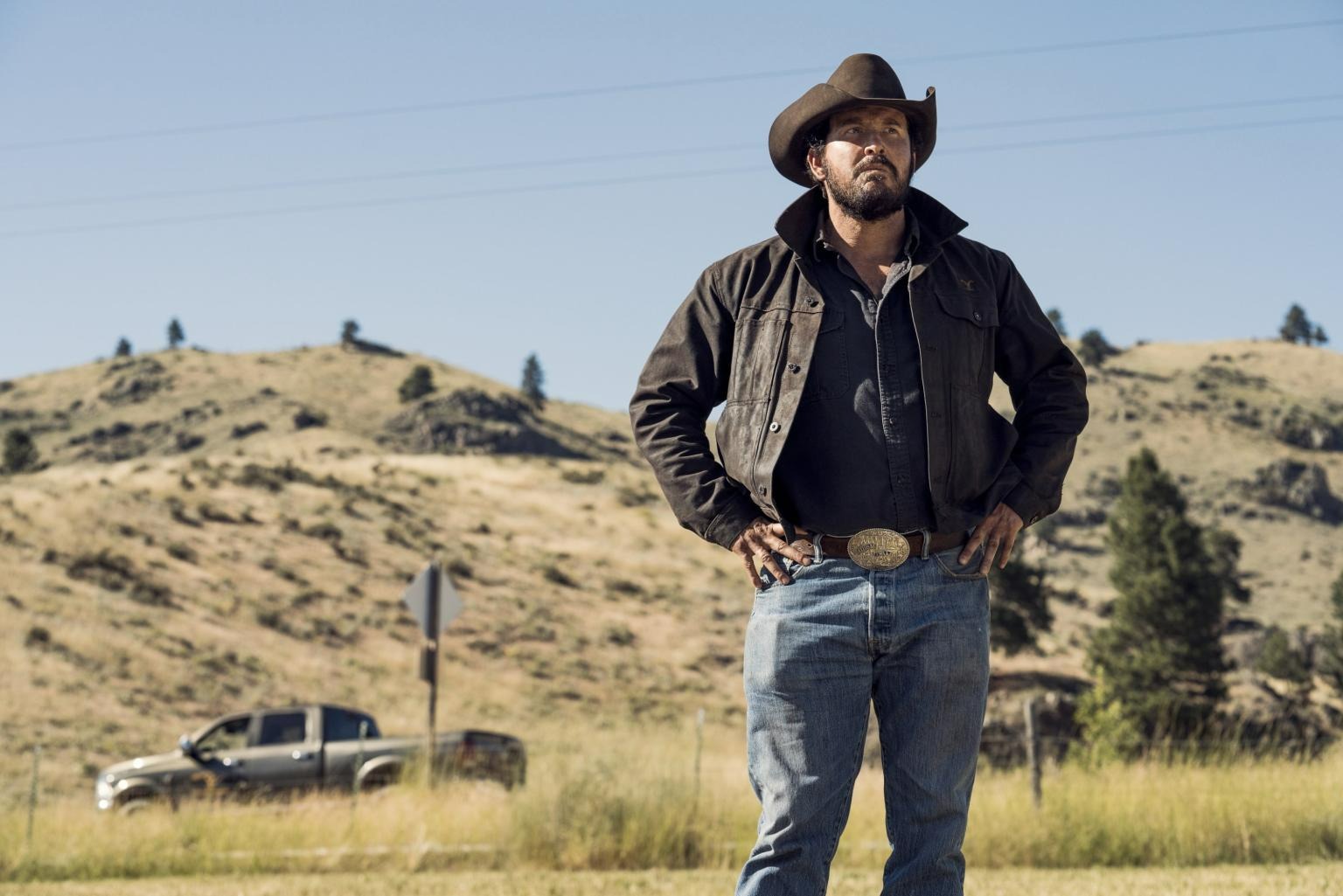
“There’s a lot of violence [on the show] that’s way overstated,” he said. “Gun battles with AK-47s, bombings — those things don’t happen in real ranching.” However, he also commends Sheridan’s writing. “The stuff that comes out of [Kevin] Costner’s mouth, or Beth’s, feels very authentic. It speaks for us.”
Set against the backdrop of Montana, “Yellowstone” follows the Dutton family as they navigate challenges to their ranching empire. The ensemble cast includes John Dutton (Costner), his children Kayce (Luke Grimes), Jamie (Wes Bentley), Beth (Kelly Reilly), and Beth’s husband, Rip Wheeler (Cole Hauser). Since its debut, the show has spawned multiple spinoffs and amassed a massive fan base of 17 million viewers.
Kevin Costner, who played the central patriarch, exited after the first half of Season 5. The second half is set to premiere on November 10, marking the end of an era for the iconic series.
Dramatic License vs. Real Ranch Life
Hunter Grayson, 33, owner of Black Hat Ranch in Georgia, believes the show exaggerates many elements for dramatic effect but still captures some truths. “If you dial back the drama and violence by about 80%, you’ve got a pretty accurate assessment of what real ranch life is like,” he said.
Grayson noted that “Yellowstone” accurately portrays certain struggles ranchers face, such as land development pressures and community complaints. “There’s not a day that goes by that we’re not worried about somebody developing the pasture next to us. Or people complaining about the smell of the cows. You name it, we’ve all heard it,” he said. However, he emphasized that the show embellishes these conflicts with excessive violence and melodrama.
Despite the exaggerations, Grayson appreciates the entertainment value. “It’s over the top for me to relate to on a realistic aspect, but for purely entertainment purposes, they’ve hit their mark,” he admitted.
Tweaks to Reality: Horses and Trucks
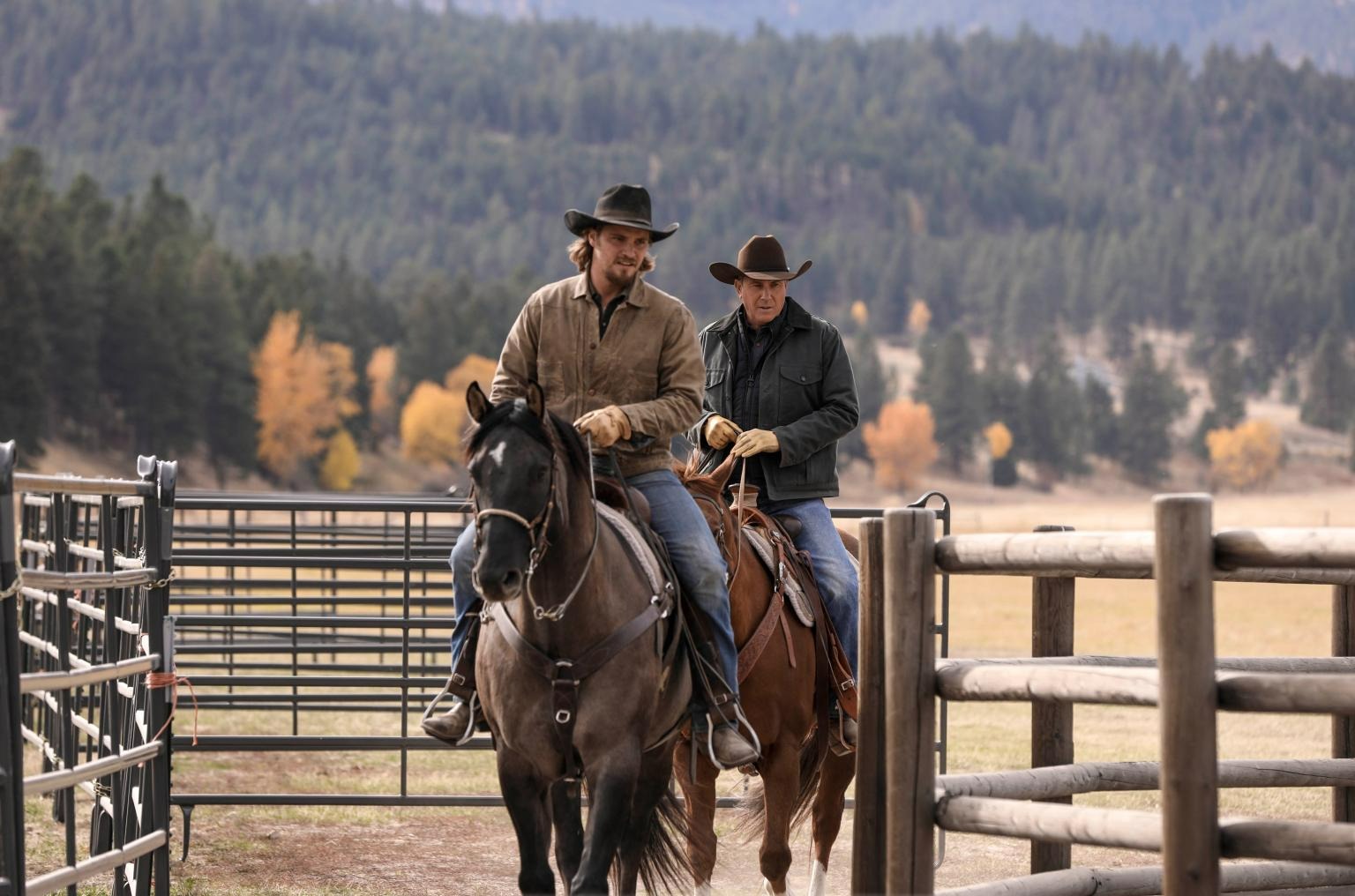
Peter De Cabooter, 64, owner of the Hideout Lodge & Guest Ranch in Wyoming, pointed out some of the show’s liberties with authenticity. For instance, he noted that the horses depicted on “Yellowstone” are more suited to arena performances than the rugged terrains real ranchers navigate. “They wouldn’t be the kind of horses we’d use in this area where it’s very rugged, and a horse needs to last 20 to 30 miles a day in rough country,” he explained.
De Cabooter also commented on the Dutton family’s depiction of wealth and resources. While the ranch struggles with various challenges, the characters still manage to fly helicopters and drive spotless, high-end trucks. “For guest operations, we have nice trucks with leather seats, just like in that show. But local [cowboys] would never drive those. They’ll buy a truck and keep it for 20 years,” he said.
What the show does capture well, according to De Cabooter, is the tension between old-school ranching methods and the encroachment of modern development. “That part is very real,” he added.
The Actors Behind the Cowboys
Ty Ferrell, 43, a professional roper from Missouri, praised the show’s cast for their performances but noted some discrepancies in their horsemanship. “Sometimes it’s easy to tell when they have a stunt double riding or roping,” he said. However, Ferrell singled out Ryan Bingham, who plays ranch hand Walker, as an exception.
“He’s lived the life. He’s a cowboy, a bull rider. He’s damn sure handy with the rope,” Ferrell said. “You can tell he knows what he’s doing.”
Ferrell also applauded the show’s accurate depiction of the rodeo and horse industry. “The way they talk about horses isn’t just made-up dialogue. They’re bringing real aspects of the lifestyle into the show, which is pretty neat,” he said.
Bridging Entertainment and Authenticity
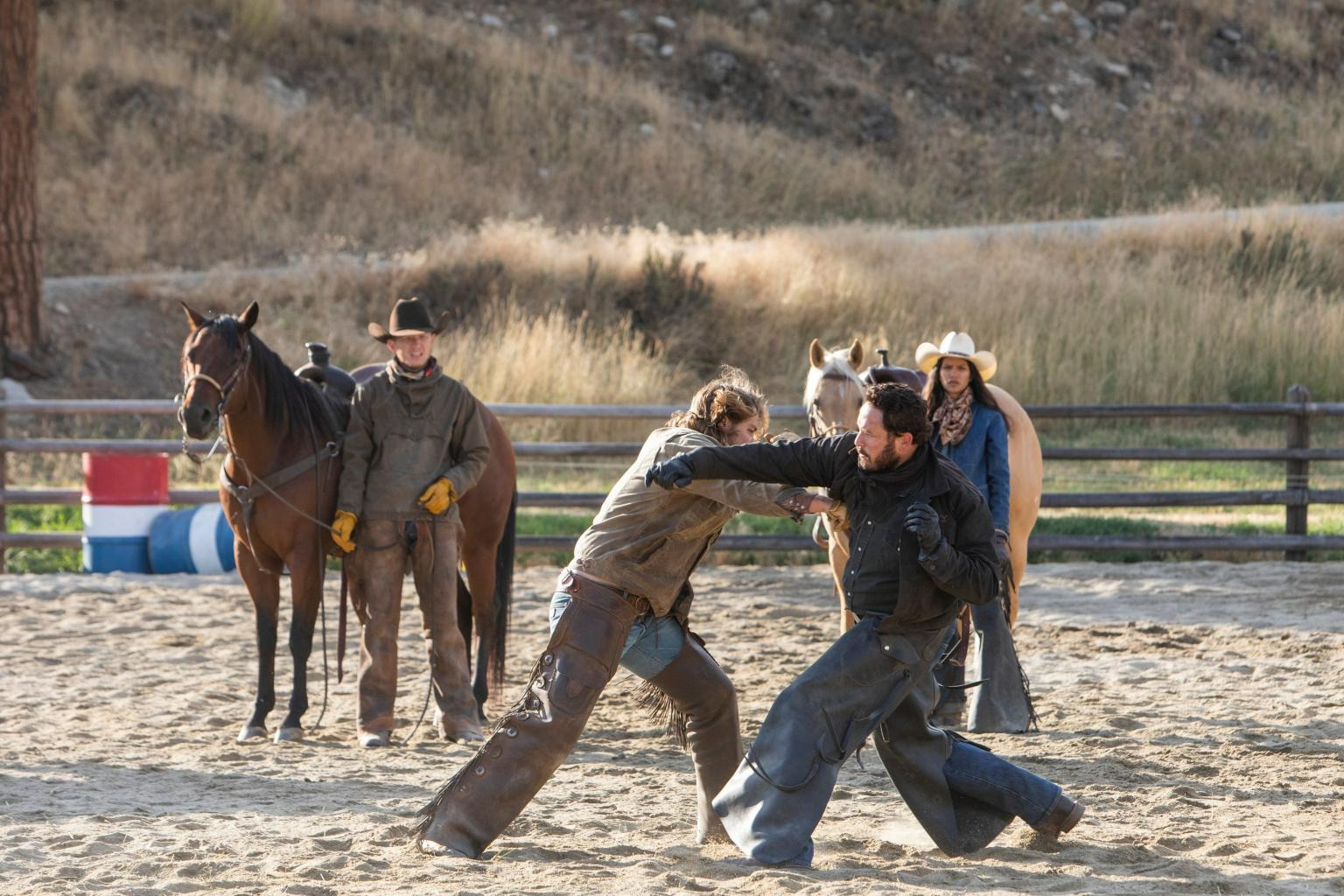
For all its dramatic flourishes, “Yellowstone” resonates with ranchers because of its underlying truths. From the tension between tradition and modernity to the challenges of land preservation, the show reflects many real-world issues faced by ranching communities.
Russell True summed it up best: “Taylor Sheridan is an unmitigated genius. Despite the over-the-top drama, the show speaks for us in ways that few others have.”
As the series concludes, it leaves behind a legacy of blending Hollywood storytelling with the grit and beauty of ranch life. For fans and ranchers alike, “Yellowstone” will remain a cultural touchstone, capturing the spirit of the American West with both flair and authenticity.
READ MORE: The End of an Era on Yellowstone: A Deep Dive into the Season Finale
My Fanpage or if you want back Hompage

